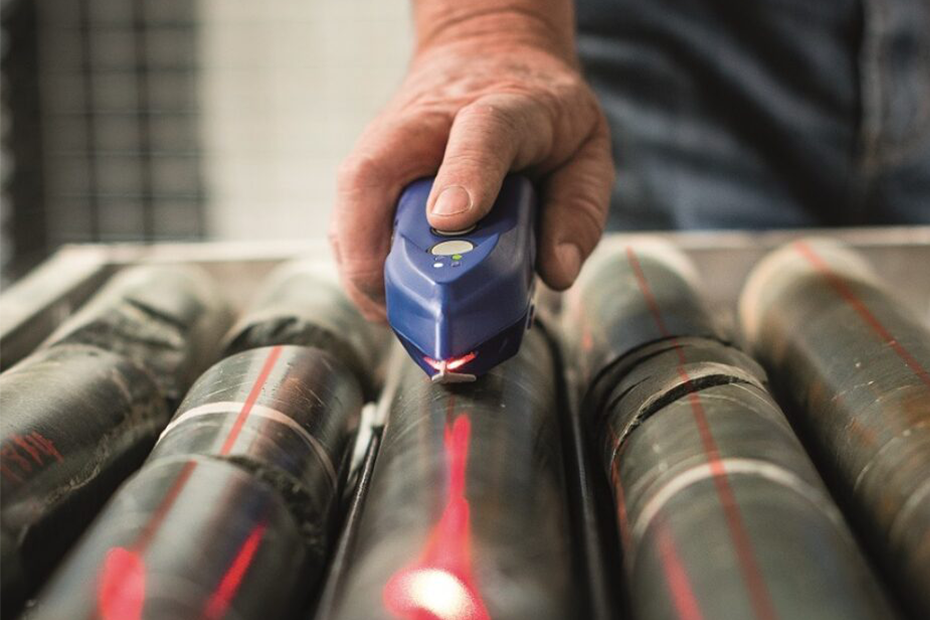
COVID-19 has been held up as a major cause for what a mining equipment, technology and services player is calling a major structural shift in how the industry operates.
The positive outlook for mining technology is also being driven by investment in decarbonisation metals including aluminium, cobalt, copper, nickel, and lithium; mining’s essential role in global economic recovery; and the minerals industry embracing new technologies.
The structural shift has led the traditionally conservative mining industry to more rapidly embrace technology and innovation.
IMDEX CEO Paul House said that structural shift had helped the METS company enjoy a strong first half of the year, which put it in a position to spend more money on research and development and look at acquisitions.
“COVID has accelerated change in the resource sector. Resource companies are embracing innovation and new technologies on a scale that has not been seen in the past. This is partly by necessity, to enable remote working, and partly by opportunity, as these technologies will enable faster drilling, more efficient drilling, and better decision making.
“More widely, the push towards decarbonisation is gathering momentum. It is being reflected in multiple areas, whether its consumer choice for electric vehicles, government policy around emissions, ESG investment mandates from funds, or downstream industry players like Elon Musk looking to secure access to critical metals. .
“As decarbonisation becomes more urgent the effects will spread more widely.
“Decarbonisation targets are driving investment in future forward metals such as aluminium, cobalt, copper, nickel and lithium. As it stands today, there is a massive shortfall between the forecasted demand for these metals and the available supply. This can only be addressed by the mining companies though more drilling, and more efficient drilling.
“Supply chains are reacting by seeking out the metals required and that is rippling through to mining companies, with the demand to drill more metres more quickly.
“Consultants Wood Mackenzie has said that $1 trillion of investment would be needed in key energy transition metals — aluminium, cobalt, copper, nickel, and lithium — over the next 15 years to meet the growing demands of decarbonisation.
“Reacting to such demand is fundamentally changing resource companies’ approach and they can do this because commodity prices are higher, budgets are increasing, and existing reserves have been further depleted while the world has been dealing with COVID.”